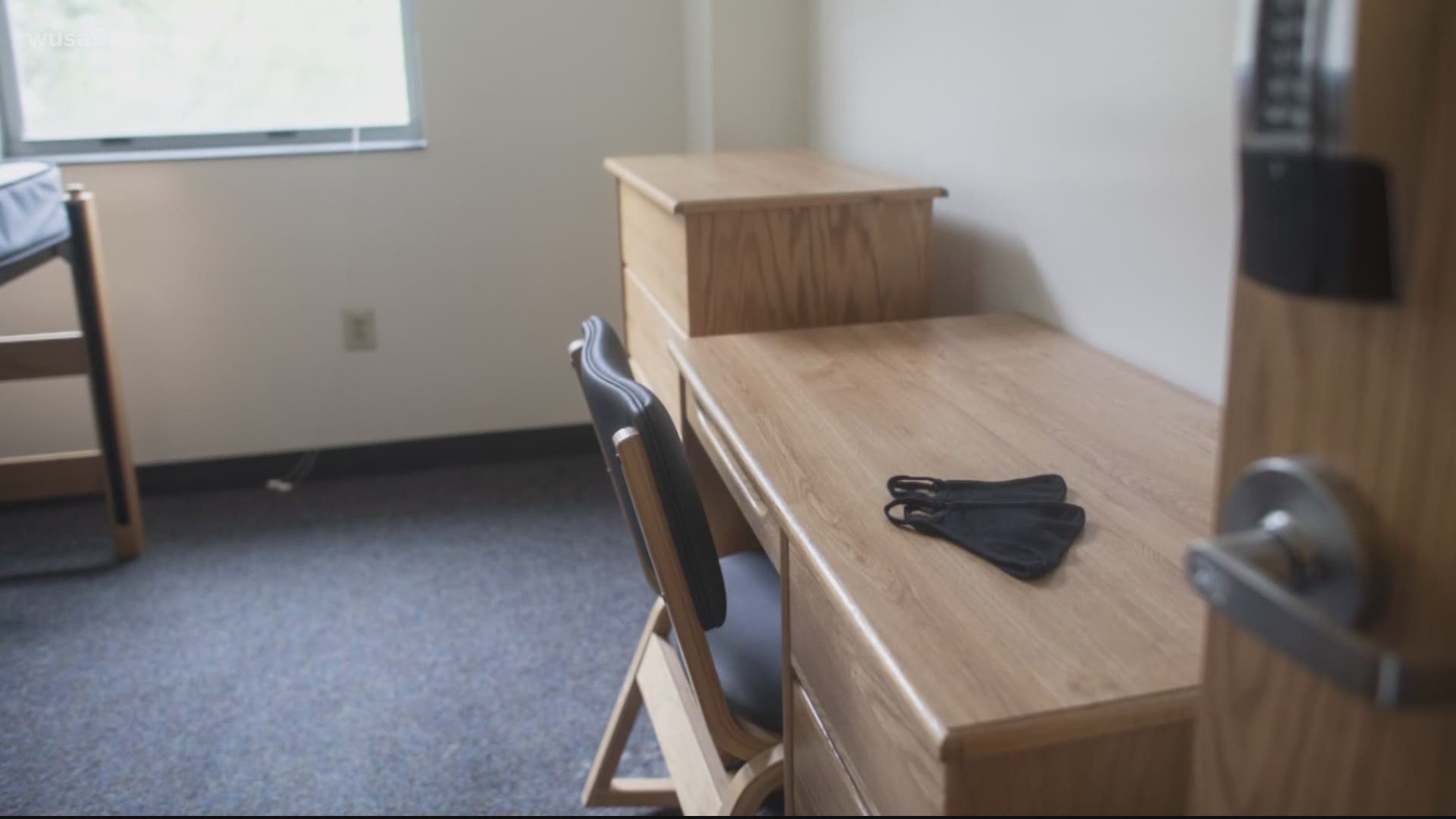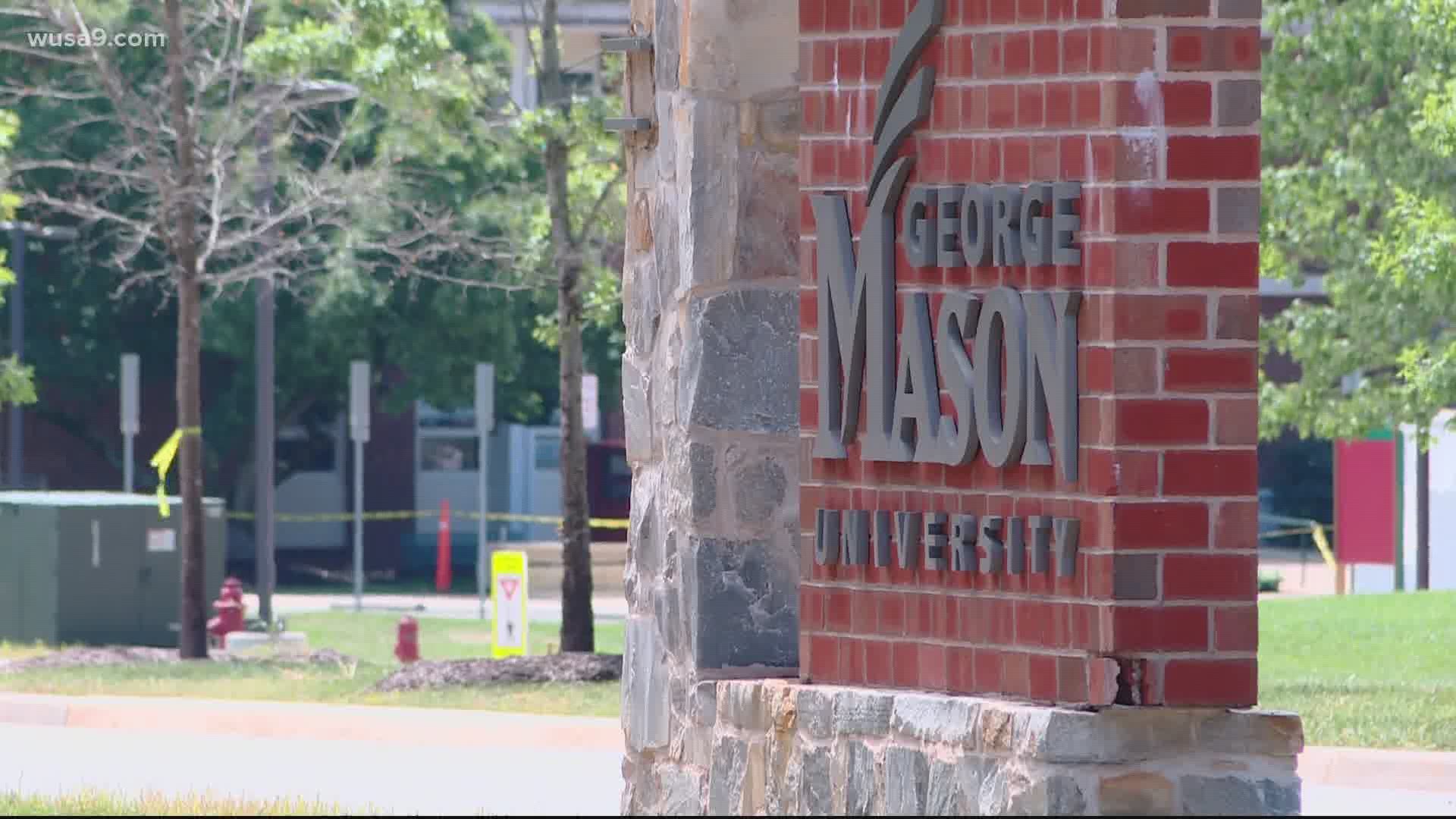WASHINGTON — It’s ok for parents to sympathize with their near-adult children and validate their feeling, or rather, their conviction, that 2020 is terrible.
According to clinical social worker Erin VanLuven, that may be one of the few ways to keep isolated acts of rebellion from becoming scorched-earth behavior, during an academic year without campus life.
“Any time control is taken away from a young person, there’s a tendency that they may lash out to regain a sense of control,” VanLuven said. “Young adults who were expecting independence and have had it taken away may react with behavior that has them taking charge and saying, ‘I can go to the beach with my friends, or I can go out to this party.’”
VanLuven serves as director of behavioral health services for Kaiser Permanente in Maryland. And her advice this fall for parents of high school and college-aged youth centers around three main tenets.
First, listen. Make the time and ask how your children andtheir friends are dealing with the stresses of the pandemic.
Second, acknowledge their feelings of frustration are in the right place. Don’t be overly optimistic or force silver linings out of campus life and study abroad being gone.
Finally, VanLuven said listening and acknowledgment will set the stage for parents to come up with compromises or agreements on how their young adults can keep a sense of independence, while minimizing risky behaviors during the pandemic.
“It’s important not to just tell your kids what we think of the pandemic, but to listen to them and hear what they’re feeling,” VanLuven said. “Because it’s a feeling that’s driving their behavior.”
If parents validate their children’s unsettled sentiments, VanLuven offered, adults are then in a better position to redirect adolescent rebellion into more functional behaviors.
“So, this would start with me asking my son or daughter, ‘how are you feeling about this, and what’s going on for you right now?’” VanLuven said. “What we don’t want to do is say, ‘yes, but look at the silver lining!’ We would love our transitional-aged youths to come to the silver lining on their own.”
Asking questions and conveying a sense of solidarity in the face of new restrictions can then lead to better understanding, and eventually compromise, in a time of COVID.
“So instead of going out with a group of 20 people, maybe they want to plan a socially distant gathering in the park with six of their friends,” VanLuven said. “That would certainly minimize risk. And it’s my belief that they will come along on their own, to find their own silver linings, if they’re confident we as parents are with them in the process.”



